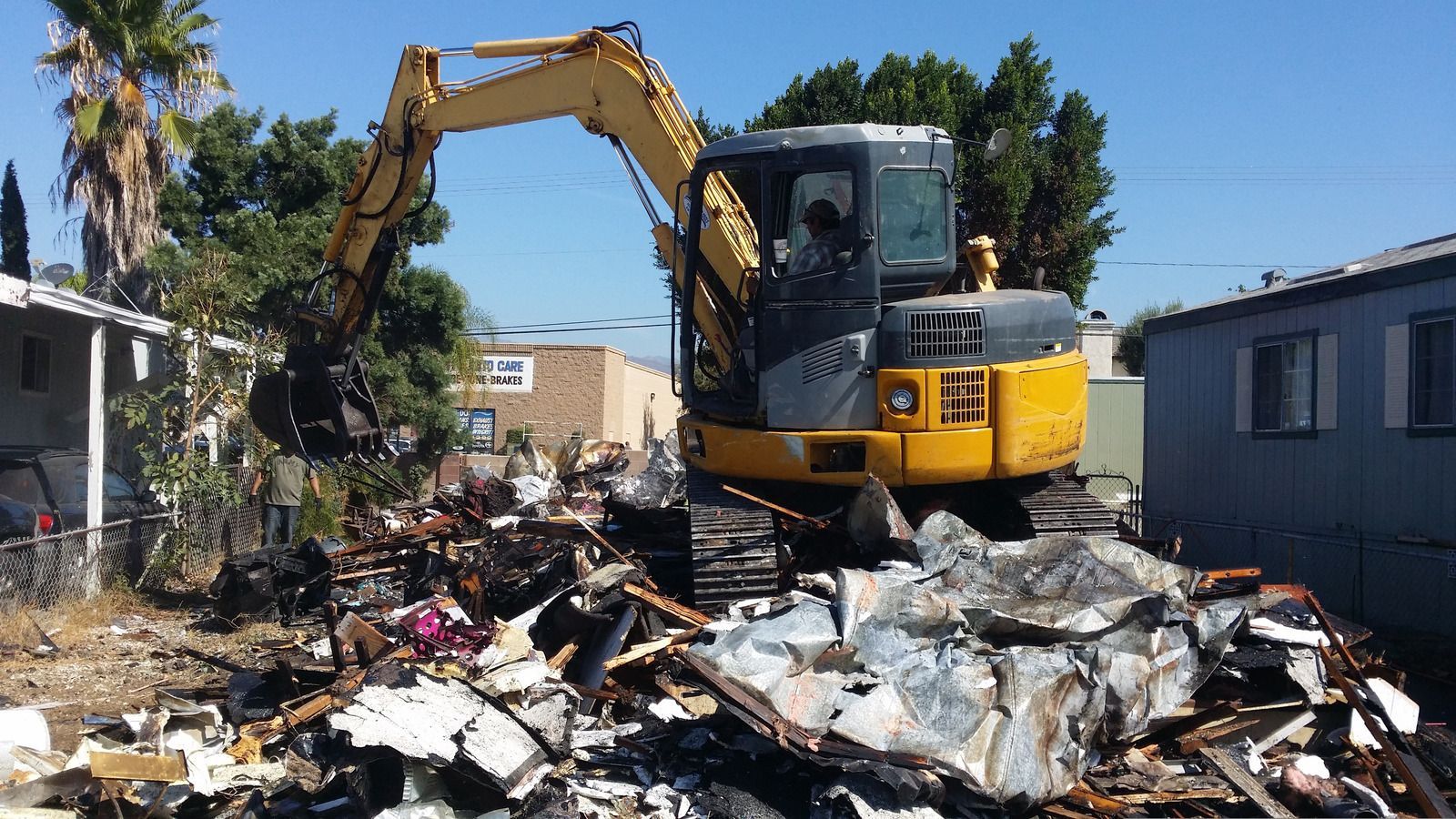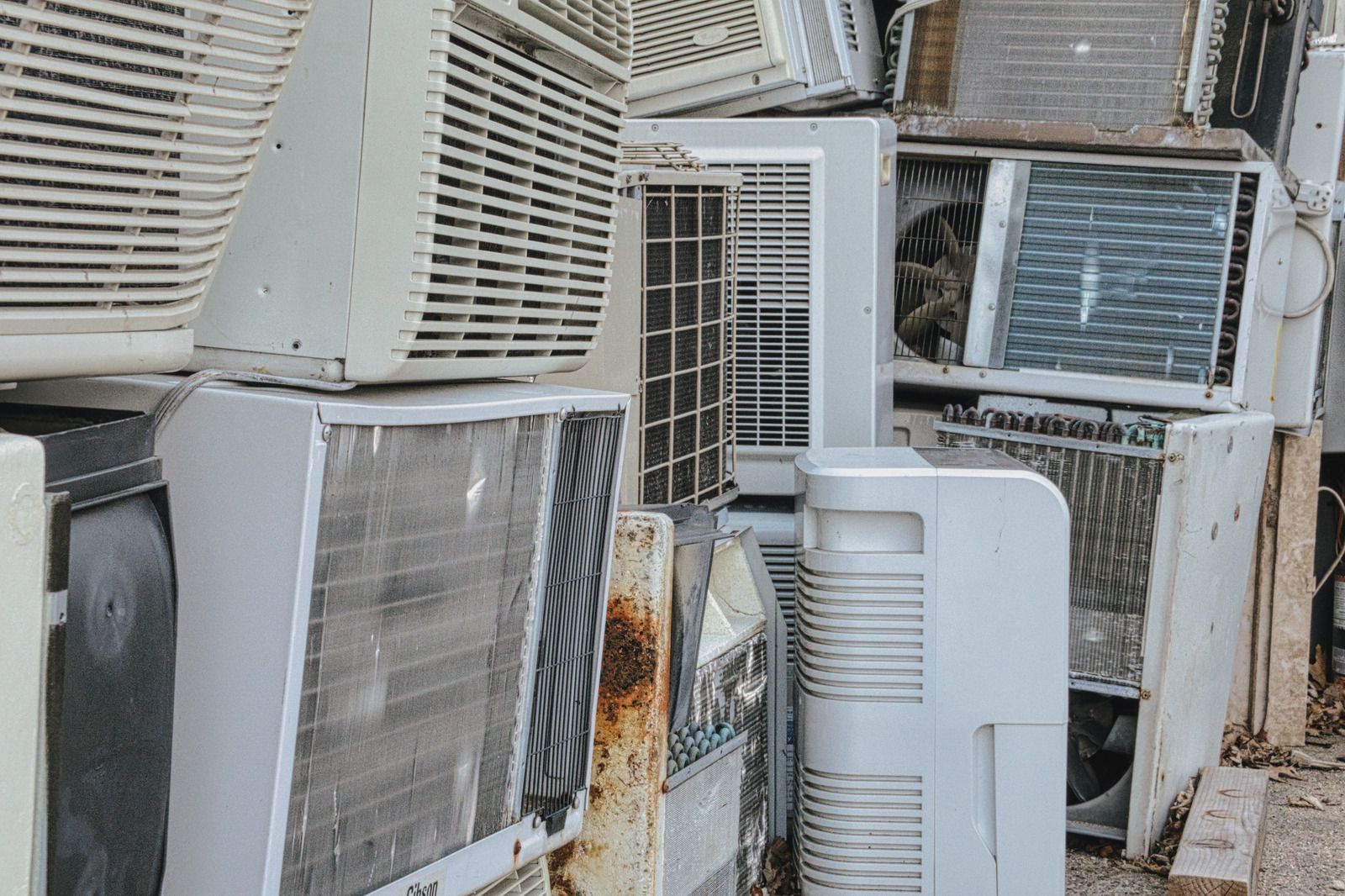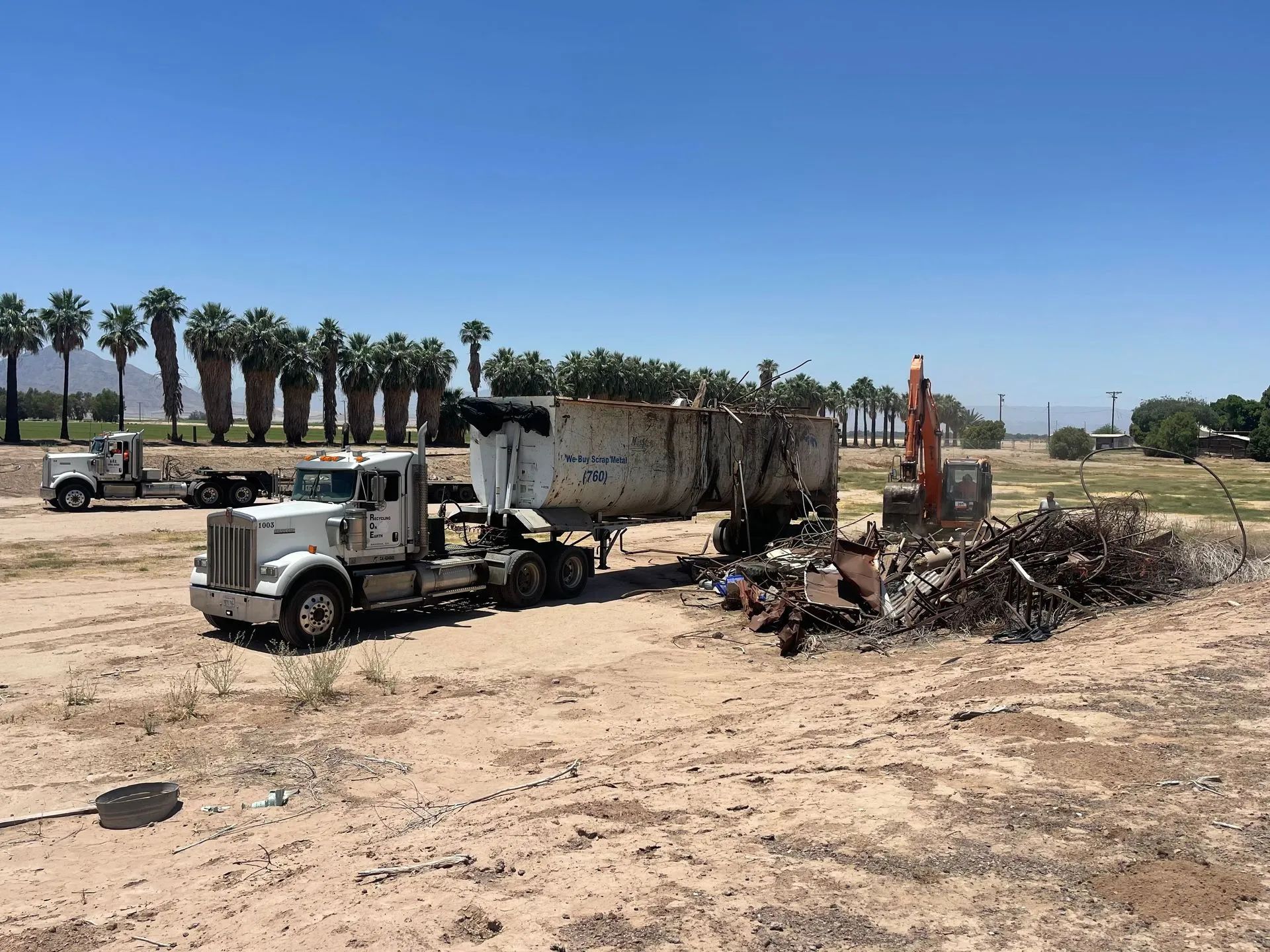Heavy Equipment Hauling: Safe and Efficient Transport for Large Machinery
Transporting oversized machinery requires more than a flatbed and a driver. It demands planning, specialized equipment, and a solid understanding of weight regulations and safety protocols. Whether it's excavators, bulldozers, or demolition equipment, the process of heavy equipment hauling is critical to keeping construction projects, cleanups, and demolitions running on schedule.
Planning Begins Before the Move
The logistics involved in moving heavy machinery start long before wheels hit the road. Every job begins with assessing the load. Understanding the dimensions and weight of the equipment ensures the right trailer type and permits are secured. Lowboy trailers, for example, are ideal for tall machinery due to their lower deck height. Meanwhile, step-deck and double-drop trailers accommodate various configurations without violating height restrictions.
Securing the Load for Safe Transport
Proper securing of the load is another major component. Chains, binders, and heavy-duty straps are used to anchor machinery to trailers, preventing shifting during transport. All equipment must be positioned for even weight distribution, reducing stress on the trailer and avoiding axle overload. Load balance isn’t just good practice—it’s required by transportation laws and safety standards. Any imbalance can compromise braking and handling, posing risks to the driver and other vehicles.
Strategic Route Planning Is Essential
Route planning plays a pivotal role in safe hauling. Not all roads are suitable for oversized loads. Overpasses, weight-limited bridges, and narrow turns can create obstacles if not accounted for in advance. A carefully mapped route minimizes disruptions and delays, avoiding unnecessary wear and tear on both equipment and transport vehicles. It also allows for safe navigation through construction zones and high-traffic areas.
Timing and Coordination Keep Projects on Track
Timing is everything when coordinating heavy equipment hauling. Pickup and delivery windows must align with job site availability to prevent idle machinery or crew downtime. Reliable haulers communicate clearly and consistently, providing updates throughout the transport process. A breakdown in communication can throw off an entire project timeline, which makes professional coordination essential to success.
Staying Compliant with Regulations
Compliance with state and federal transportation regulations is mandatory. Oversized loads often require special permits and may need escort vehicles to ensure safety on the road. Haulers must stay current with DOT guidelines and industry best practices to remain in compliance and avoid fines or delays.
Insurance and Risk Management
Insurance coverage is another layer of protection that cannot be overlooked. Heavy machinery represents a significant financial investment, and accidents—even rare ones—can result in costly damages. Reputable hauling companies carry proper insurance to protect both the equipment and the transport team throughout the journey.
Loading and Unloading with Precision
Professionals in this field must also be familiar with loading and unloading procedures. Equipment often needs to be driven onto trailers using ramps or winches, a process that involves coordination and precision. Improper handling can lead to machinery damage or operator injury. Skilled crews with experience in both demolition and transport understand the physical and logistical challenges of moving massive machines safely.
Reliable Hauling Backed by Real Experience
At Recycling on Earth, safe and efficient heavy equipment hauling is more than a service—it’s a commitment. With over 22
years of industry experience, our team understands the importance of precision, timing, and trust in every transport. Based in Ramona, CA, we provide heavy haul support for property cleanups, demolitions, and equipment relocation projects across a wide range of industries. Reach out to our team today to schedule dependable hauling services that move your project forward with confidence.



